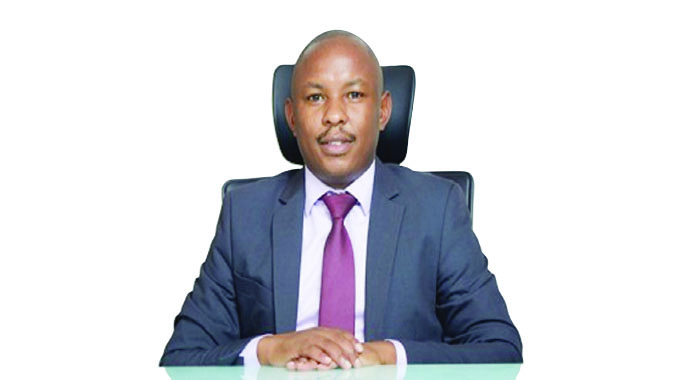Digital divide can only be crossed by the power of partnerships

Hemilton Manika
CAN we all agree that the future of economic success lies in the ability to actually access the economy? If we can agree on that, then we can certainly agree that the African economy is not going anywhere if our people still lack access to tools, which they need to join a global economy that is driven by digital technology and internet connectivity.
The digital divide remains one of the greatest obstacles to African economic success. In Zimbabwe, internet penetration stands at about 34,4 percent. That means two thirds of the population are left out and unable to access an economy that is leaving them behind.
Take a continental step back for a wider view, and the World Bank will show that internet penetration in Africa is sitting at 18 percent. That is a staggering roadblock. It’s clear that access is a monumental African problem.
Yet, with lack of access comes lack of skills – so now we have two issues standing in the way of Africa’s economic liberation.
To increase our access, and grow our skills, we need to realise that now is the right time to raise our hands and ask for help, not only from each other, but from all players who are willing to engage.
In my experience, it is only through partnerships with organisations like Microsoft, Amazon, Google, Cisco and many others that we can sufficiently multiply access to solutions and skills transfer that can make us competitive on the global scene.
It may sound like an obvious summation, but let me give you more reasons to believe in the power of partnerships. As technology becomes more prolific, it also becomes more intrinsic in everything we do as people and as organisations.
As such, there is no organisation that will be able to exist in isolation.
We need connectivity infrastructure, which needs hardware manufacturers, which in turn needs software solution providers. In fact, every digital service from Cyber Security, to Cloud services and customer relationship management tools exists in a singular ecosystem where the whole is greater than the sum of its parts.
It is, therefore, critical that all stakeholders in this digital ecosystem from public and private sectors to civil society and NGOs collaborate towards a common goal – the economic liberation of our country and a continent.
If every organisation and touchpoint fulfil a specific role that matches each partner’s core competencies, they can complement each other’s capabilities – creating an efficient cycle of progress. For this to work, everyone will need to share equally in the risks and benefits if we are to collectively close the digital divide in Africa.
At Liquid Intelligent Technologies, we have continued to help overcome the challenge of equitable access to connectivity through our broadband infrastructure across the continent.
None of this could be done without our incredible engagements with partners like the various ministries of ICT, national communications regulators and numerous city councils.
But we realise that this is not just a business imperative with a profit margin, this is a societal need that requires a more altruistic approach. We are fully committed to turning this digital divide into a digital opportunity for all, particularly for those who risk being left behind and being further marginalised.
For example, in Zimbabwe, the Postal and Telecommunications Regulatory Authority (POTRAZ) worked with Liquid Intelligent by funding the drive to connect 112 Communication Information Centres (CICs) in all the 10 provinces of Zimbabwe. This is an ongoing project, which will see an additional 100 sites being added.

Liquid also helped provide 52 Educational Zones (EduZones), which provide free internet access for students at tertiary institutions. Together with Higher Life Foundation, Liquid also gave internet to over 168 schools and children’s homes.
The key here is that the bulk of these institutions are in remote and financially marginalised communities. There is a need to give them the access, but what about the tools they need to participate in a digital economy?
Partnerships with organisations like Microsoft, Amazon and Google are helping to provide a first world learning experience and working environment. This gives previously disconnected African people (mostly students from the partnerships we see) access to the same development tools and platforms as students in first world countries.
With ample support and training offered by these very same global giants of industry, the critical question becomes:
What can the beneficiaries of these tools do with them? How can they grow themselves? How can they grow their communities? And in the end, how can they grow their continent?
The digital transformation journey in Zimbabwe is given momentum through the power of partnerships. Together, we can boost economic growth and bring in a population that would have ordinarily been left behind.
Mr Hemilton Manika is the regional chief commercial officer at Liquid Intelligent Technologies Zimbabwe. He writes about how the power of partnerships will help Africa leap over the digital divide and into a global economic future.







Comments